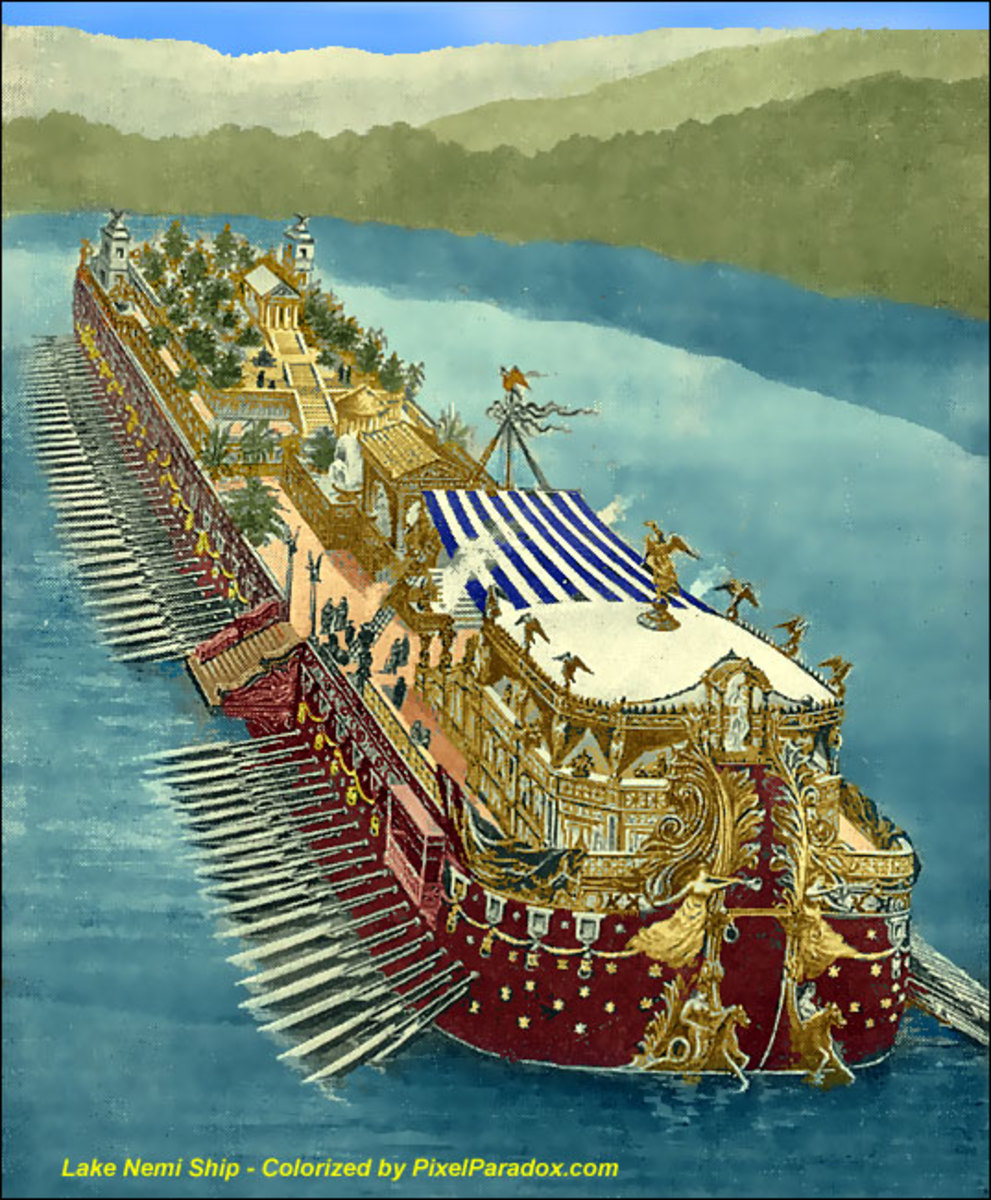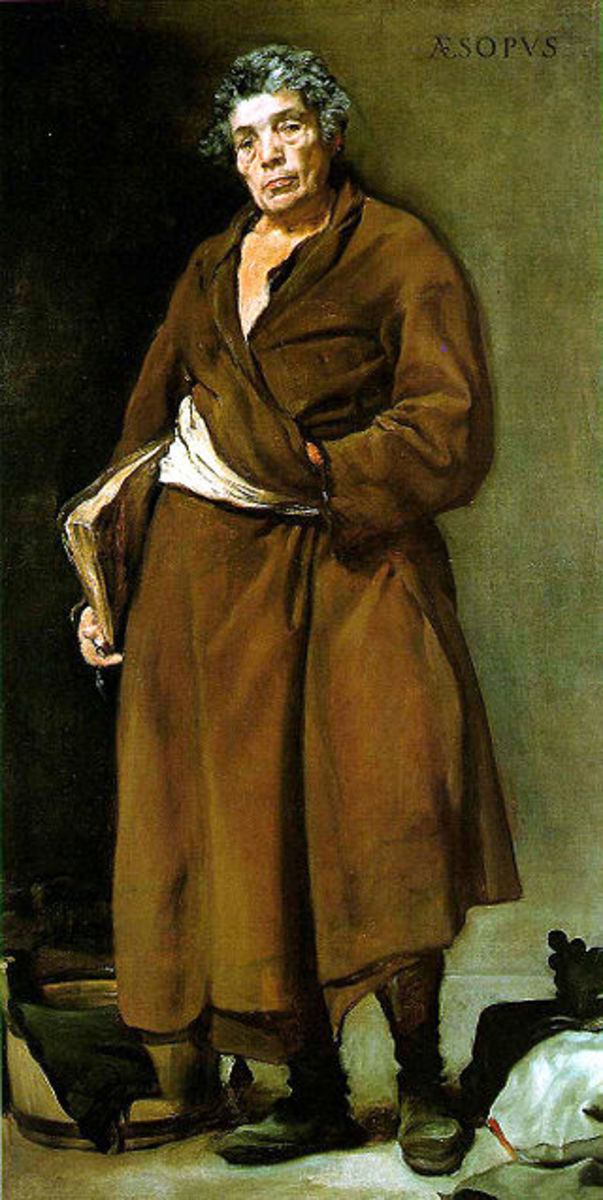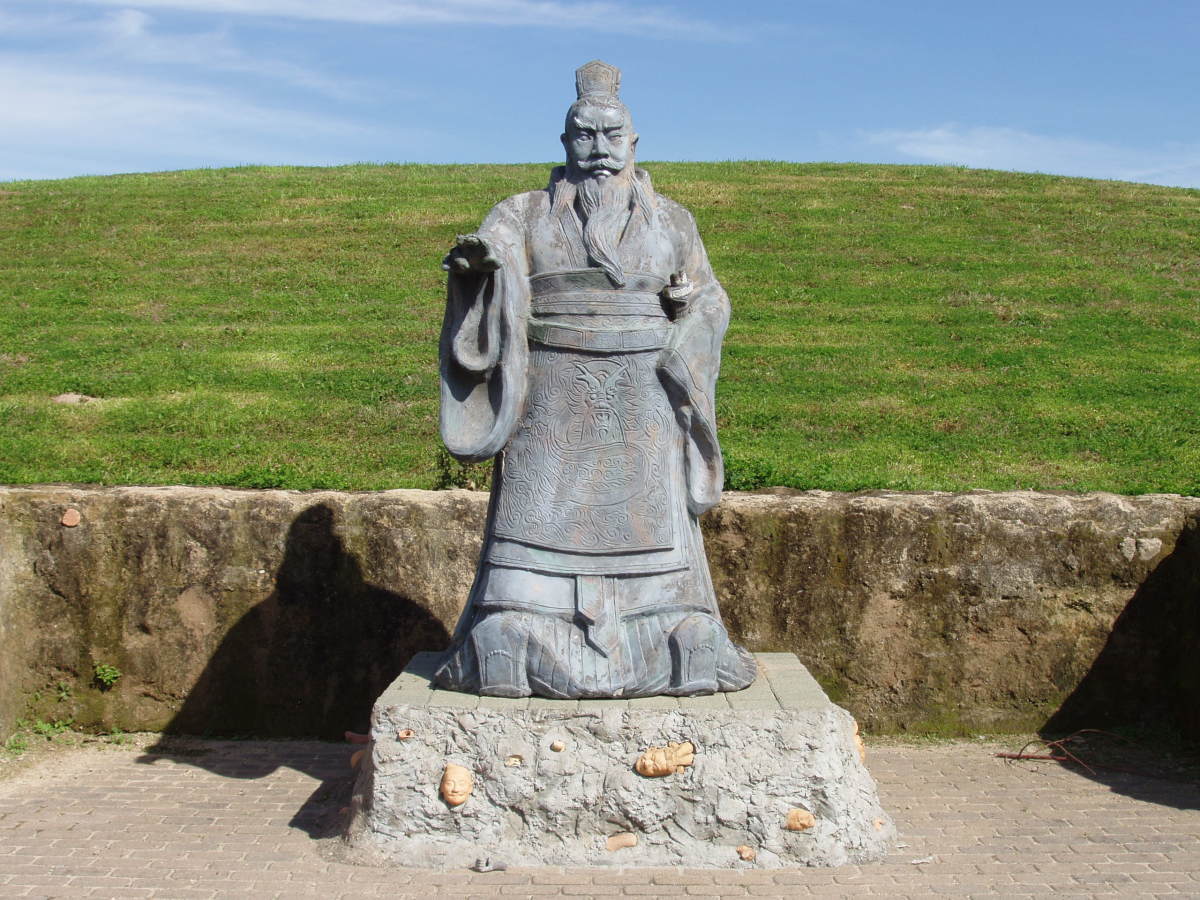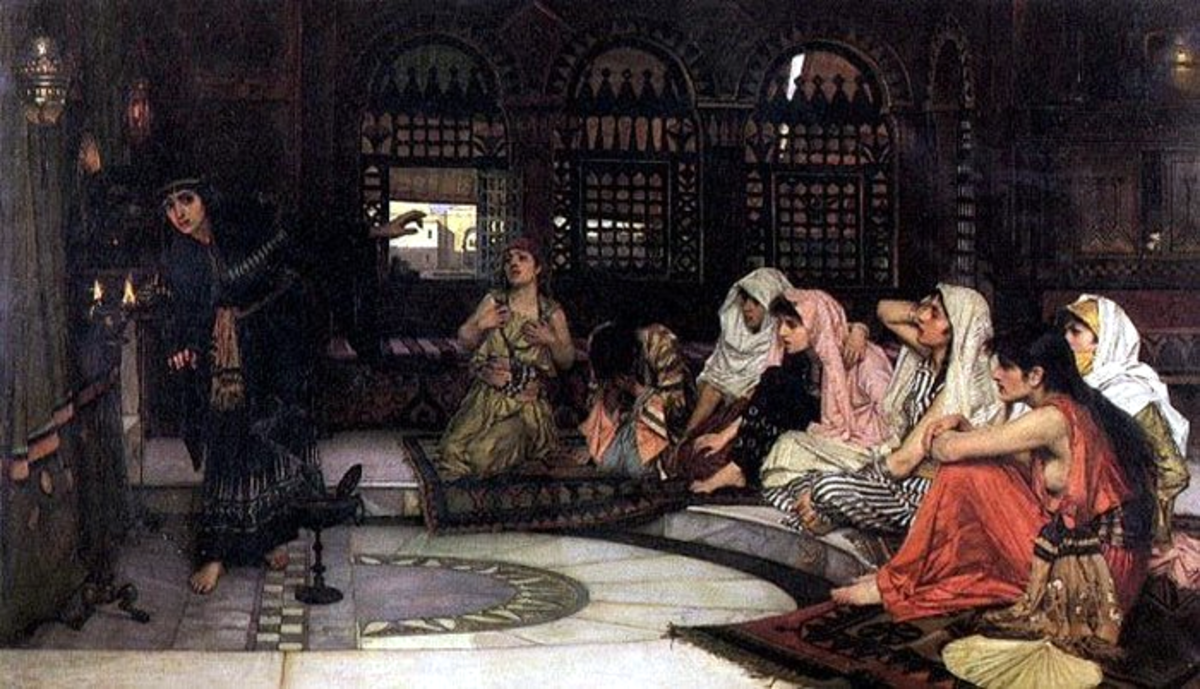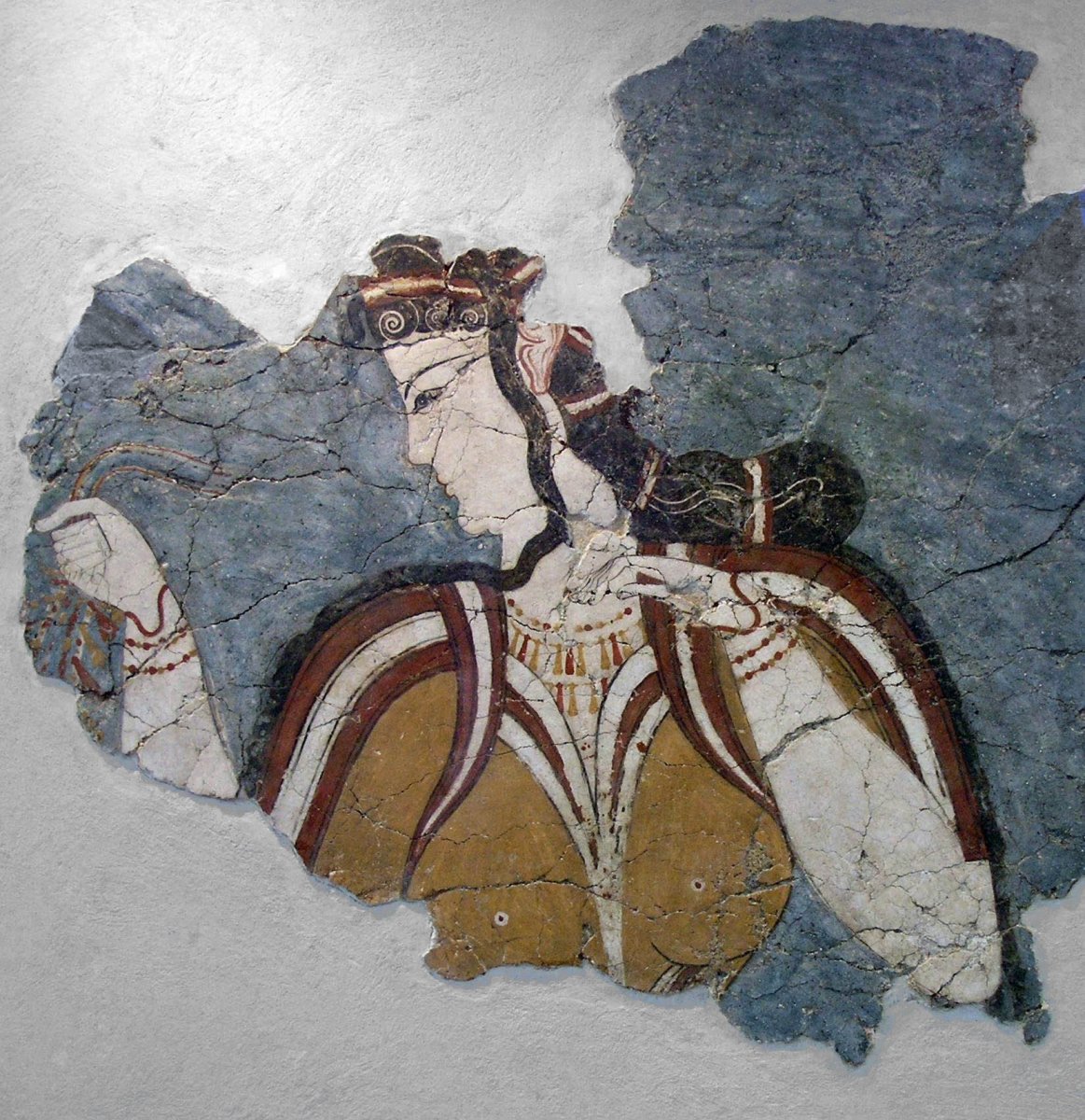The Emperor Gaius, also known as, Caligula
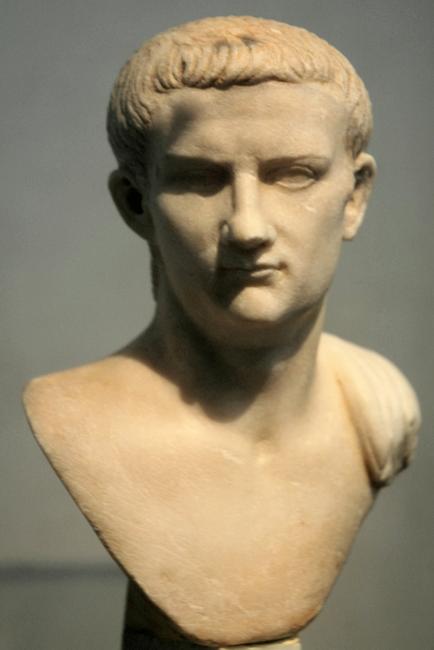
Evidence suggests that the Emperor Gaius Julius Caesar Germanicus, better known as "little boot", or Caligula, was born on the last day of August in AD 12 to Agrippina, the granddaughter of the great Emperor Augustus, and Germanicus. His surname, Caligula, was given by the Roman legions to the boy who, in his youth, dressed only as a soldier.
Texts produced by Caligula's contemporaries, including those of the philosopher Seneca, depict the Roman Emperor, who rose to power at the mere age of twenty-four, as a crazed and cruel dictator. He showed "...what the greatest vices could affect when found in the highest station."(Holland 27) Still, prior to ascending to the throne and even for a while thereafter, Gaius was popular amongst the Romans, revered by both soldier and layman.
While his reign was not heavily documented, several of his actions, whether factual or rumored, have retained unparalleled notoriety throughout the historical record. These instances are as follows:
- Caligula is said to have had numberless sexual exploits, perhaps even with each of his three sisters.
- The historian Suetonias claims the Emperor's prized horse, Incitatus, to have been attended by eighteen servants, housed in marble stables, and granted the title of Roman Consul.
- His extravagance caused the empire to become bankrupt, after which Caligula manipulated law and politics to re-fill Rome's coffers. His eagerness to spend money although had a limit: believing meat to be too expensive for his menagerie of exotic animals, he simply fed the contained creatures with meat procured from the bones of Rome's criminals.
- Caligula is known to have placed himself on even-footing with other gods and demanded honor accordingly from his citizenry.
Having ruled only four years, the Emperor was stabbed to death by members of the Praetorian Guard in AD 41.

Behind Madness, There is Reason
It has recently been suggested that Caligula's mental deterioration, a detriment experienced by many other Emperors as well, was perhaps due to lead poisoning. This element was contained anywhere from dinner wear to water transportation systems and could therefore have adversely affected the royal family, who had constant access to "clean water" and sumptuous lead vessels.
Contemporary descriptions on the overall health of the first few generations of Roman Emperors only strengthen the premise of lead poisoning. A history of pallid color (commented upon by Suetonias multiple time), sterility (Caligula himself had only one child, yet four wives), tremors (Claudius, Caligula's uncle, had a severe stammer), hypomania (severe mood swings were recorded for both Caligula, and his grandson, Nero) , and other afflictions (Germanicus often had sever stomach cramps), reflect modern symptoms of this condition and could therefore readily offer an explanation as to the eccentric behavior of this line of rulers.


